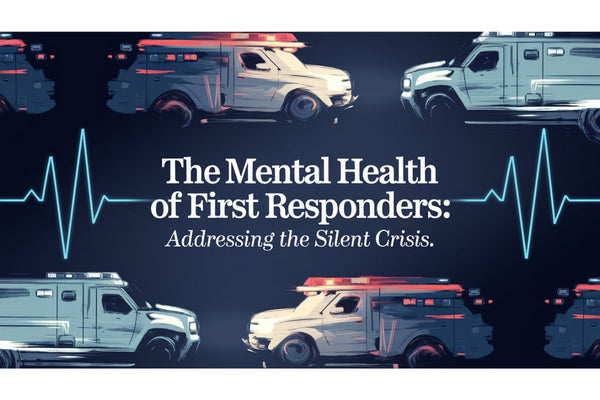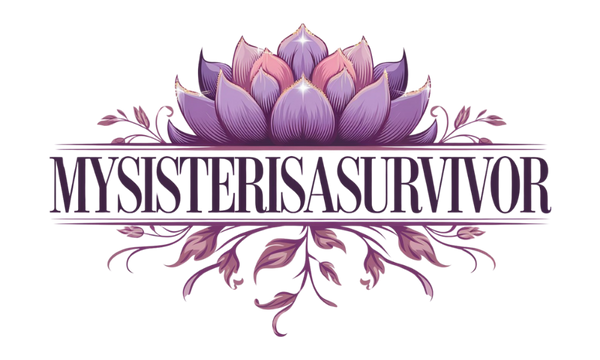
The Mental Health of First Responders: Addressing the Silent Crisis
Share
Behind the Badge: Supporting First Responders' Mental Health
First responders - firefighters, police officers, EMTs, paramedics, and dispatchers - serve on the front lines of emergencies. While they are trained to handle crises, few are prepared for the lasting toll these experiences can take on their mental health. This blog shines a light on the hidden emotional burden first responders carry - and how we can better support their well-being.
The Weight of Constant Trauma
Every shift, first responders face intense, life-threatening, and emotionally traumatic events. These include:
- Responding to severe car accidents and fatalities
- Witnessing violence, abuse, or the aftermath of tragic events
- Delivering life-saving care under high-stress conditions
- Experiencing the death of children, victims, or fellow responders
These cumulative experiences don’t fade when the sirens stop. Over time, they can lead to chronic stress, PTSD, anxiety, depression, burnout, substance use, and tragically - suicide.
Why It’s a “Silent” Crisis
Even though mental health concerns are common in the first responder community, many suffer in silence due to:
- Stigma: The belief that admitting struggle is a sign of weakness
- Career Fear: Worries about losing their job or being labeled unfit
- Cultural Pressure: A mindset of “tough it out” or suppressing emotion
- Lack of Access: Difficulty finding confidential, trauma-informed care
The result? Thousands of heroes quietly carry invisible wounds, often with little support.
The Mental Health Signs to Watch
Family members, partners, and coworkers can look for key signs that may indicate someone is struggling:
- Withdrawal from loved ones
- Sudden irritability, emotional numbness, or anger
- Trouble sleeping, nightmares, or insomnia
- Hypervigilance, always being “on alert”
- Reliance on alcohol or substances to cope
Supporting First Responder's Mental Health
Supporting first responder's mental wellness must become a priority - not an afterthought. Here are a few ways we can help:
- Normalize Conversations: Department leaders and team members must make it safe to talk openly about stress and trauma.
- Peer Support Programs: Connecting with fellow first responders can help reduce shame and build trust.
- Trauma-Informed Therapy: Encourage access to culturally competent mental health professionals.
- Create Space to Decompress: Build routines that encourage rest, hobbies, family time, and emotional reset.
Empowering Firefighter Mental Health Through Meaningful Gifts
At My Sister is a Survivor, we’re proud to stand with those who serve. Our Firefighter Support Collection was created to honor the resilience, humanity, and emotional needs of these everyday heroes.
🧑🚒 Meaningful Products That Speak to the Heart:
- Apparel - Tank tops, women’s tees, long sleeve shirts, and sweatshirts featuring affirming messages of strength and vulnerability
- Personalized & engraved cross necklaces to remind them they’re never alone
- Mugs & pint glasses that celebrate their courage while acknowledging their humanity
- Acrylic plaques & throw pillows with heartfelt sayings that promote healing, rest, and resilience
Each item is thoughtfully designed to spark conversation, encourage emotional well-being, and remind firefighters they are seen, supported, and deeply valued.
